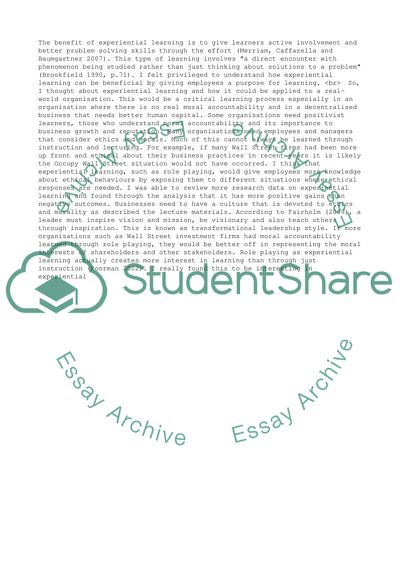Cite this document
(“Leadership, Coaching and Mentoring Scrapbook Essay”, n.d.)
Leadership, Coaching and Mentoring Scrapbook Essay. Retrieved from https://studentshare.org/management/1402278-leadership-scrapbook
Leadership, Coaching and Mentoring Scrapbook Essay. Retrieved from https://studentshare.org/management/1402278-leadership-scrapbook
(Leadership, Coaching and Mentoring Scrapbook Essay)
Leadership, Coaching and Mentoring Scrapbook Essay. https://studentshare.org/management/1402278-leadership-scrapbook.
Leadership, Coaching and Mentoring Scrapbook Essay. https://studentshare.org/management/1402278-leadership-scrapbook.
“Leadership, Coaching and Mentoring Scrapbook Essay”, n.d. https://studentshare.org/management/1402278-leadership-scrapbook.


